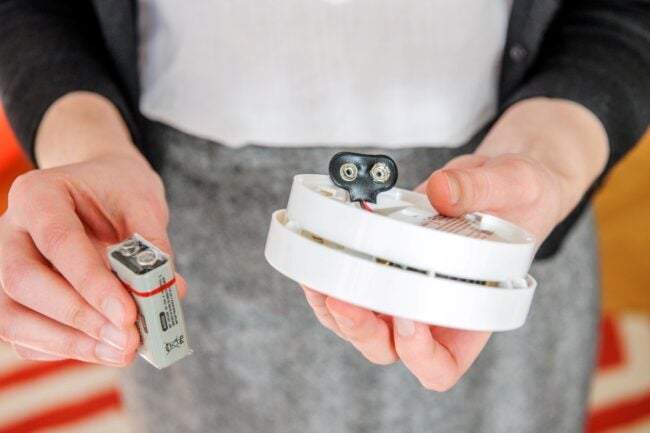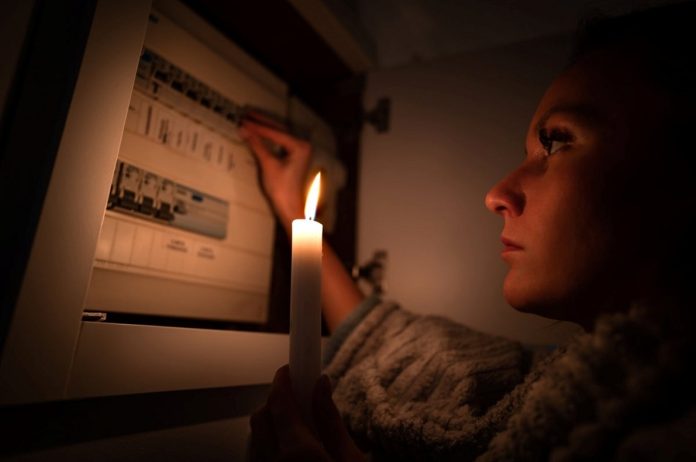Power outages can pose a potential risk to you and your family if not handled properly. It is important to be prepared for such situations to ensure the safety and comfort of your loved ones. Here are some steps you can take to be ready for the next power outage:
According to recent data, power outages in the U.S. have increased by 64 percent between 2012 and 2022, and this trend is expected to continue. The existing electric system in the country was not designed to withstand the effects of climate change, which has led to an increase in extreme weather events. Therefore, it is crucial to take action now and ensure that you are adequately prepared for any future power outages.
Assume the Power Is Out for Everyone
Before assuming that the power outage is specific to your home, check your circuit breaker to rule out any overloaded circuits. If the issue persists, reach out to your neighbors to see if they are also experiencing a power outage. Keep in mind that power outages often affect entire neighborhoods or areas, so it is important to gather information from your community. Local apps like Nextdoor or neighborhood groups on Facebook can be helpful in determining if others nearby are also without power.
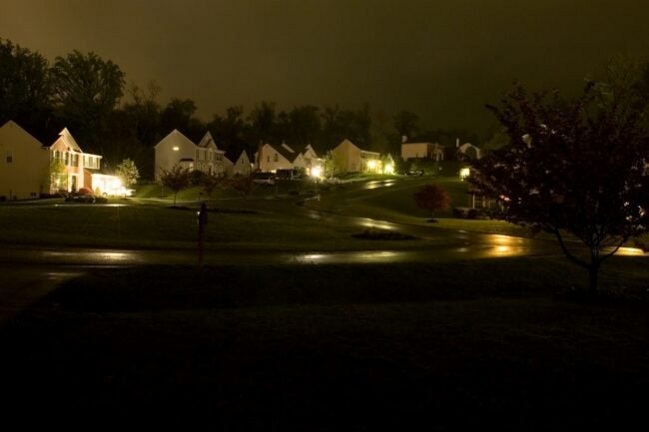
Report the Outage
While utility companies often have systems in place to detect power outages, it is still important to report the outage to your local electric company. The more neighbors who report the outage, the better, as it helps the electric company understand the full scope of the problem and prioritize restoration efforts. Reporting the outage promptly can expedite the process of getting the power back on.

Avoid Using Candles for Lighting
While candles may seem like a traditional solution for lighting during a power outage, they can be unsafe. Candles can easily be knocked over by children or pets, and some candle holders can become dangerously hot if left burning for too long. It is best to rely on flashlights placed strategically around the house. Make sure to check the flashlights periodically to ensure that the batteries are still functional.
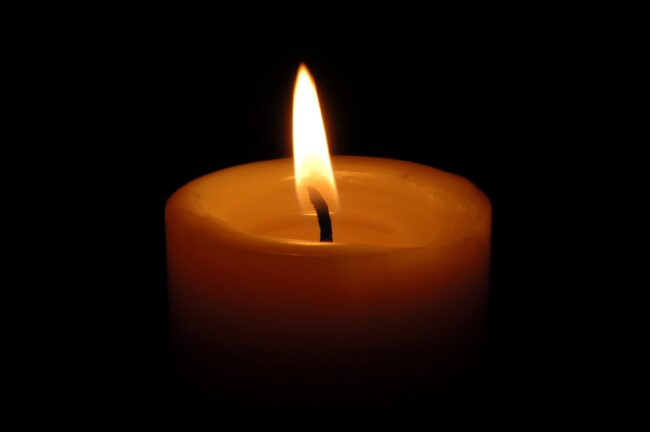
Unplug Electronics
During a power outage, it is important to unplug small appliances and electronics to avoid power surges that can damage them or overload your home’s circuits when the power is restored. Start by going through each room of your home, starting with the kitchen, and unplugging televisions, computers, and other appliances. Remember to also turn off smaller items like lamps and radios.
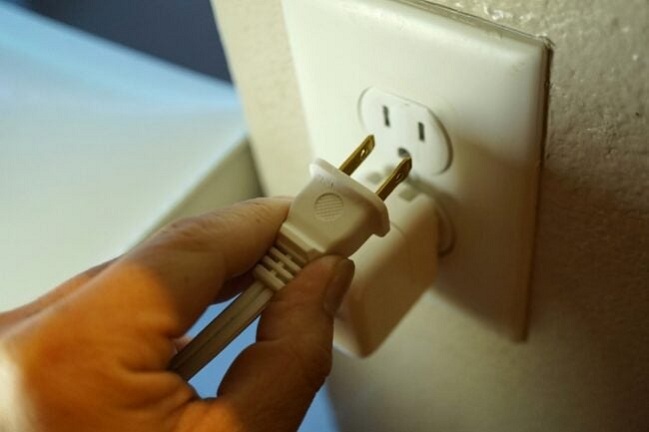
Keep Your Refrigerator and Freezer Closed
During a power outage, it is important to keep your refrigerator and freezer closed to prevent cold air from escaping. A closed refrigerator can maintain proper temperatures for at least 4 hours, while a shut freezer can keep your food cold for up to 2 days. If it is hot outside during the outage, consider wrapping these appliances in blankets to provide extra insulation.
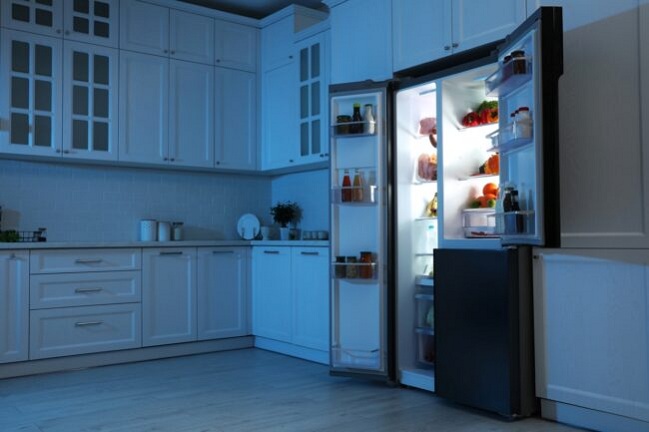
Avoid Grilling Indoors
While it may be tempting to bring the grill indoors during a winter power outage, it is extremely dangerous. Gas and charcoal grills emit fumes that can lead to carbon monoxide poisoning if not properly ventilated. It is important to prioritize safety and avoid using grills indoors during a power outage.
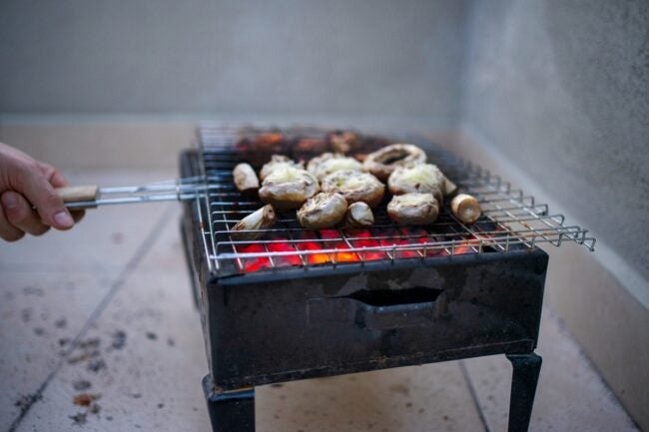
Stay Away from Pooling Water
During power outages caused by hurricanes or storms, it is important to avoid going near pooling water on your property. The storm may have brought down branches and power lines, which can pose a risk of electrocution. It is best to stay indoors and give authorized work crews the time and space they need to safely clear the area.
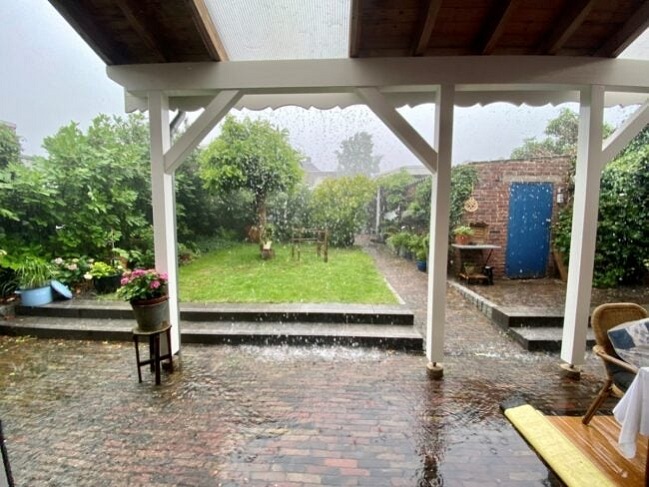
Prevent Frozen Pipes
In the event of a power outage during winter, it is important to take precautions to prevent frozen pipes. Inspect your home for any uninsulated pipes, especially in older homes, and wrap them with foam, old blankets, or towels. It is also a good idea to keep a trickle of water running on all faucets to reduce the risk of frozen pipes. Burst pipes can cause significant damage to your home and plumbing system.
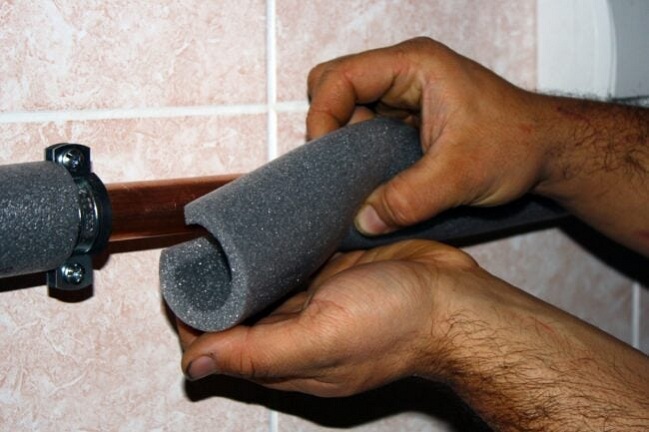
Maintain a Comfortable Indoor Temperature
During a power outage, it is important to manage the indoor temperature to ensure the comfort and well-being of your family. If it is hot outside, dress in lightweight clothing, open windows, and close blinds on south-facing windows to minimize heat gain. If it is cold, bundle up, block leaky windows with blankets, and close doors to unused rooms. If you have a fireplace, open the damper and light a fire for warmth. Avoid using a gas oven for heat, as it can emit carbon monoxide and pose a risk to your family and pets.
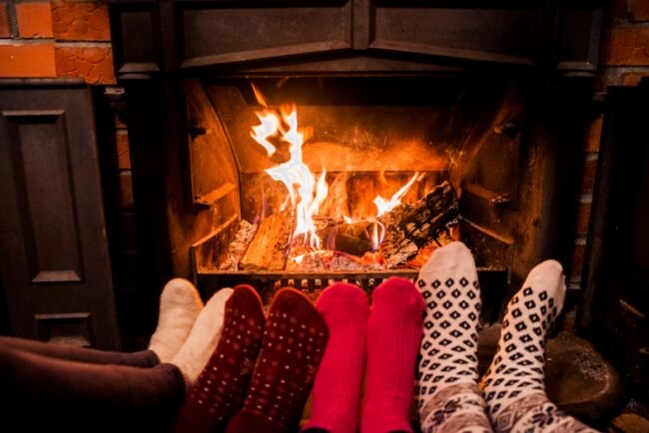
Consider Alternative Water Sources
If your water supply relies on a well pump, a power outage can render it useless. It is best to avoid using well water during an outage to prevent draining your reservoir. Using the water during an outage can trigger the pump’s pressure switch, preventing it from working once the power is restored. If you have a backup generator that powers your well pump and purification filters, you can still use your water supply during an outage.
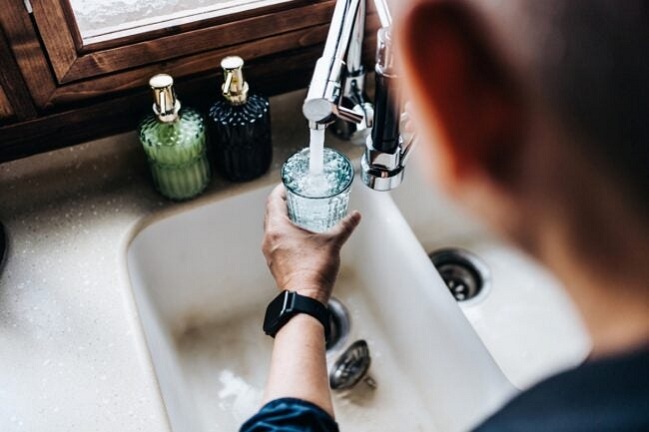
Conserve Water
If you do not rely on a well for water, your home’s plumbing should still work during a power outage. However, it is important to conserve water as much as possible. Your hot water tank has a limited capacity, and citywide systems may rely on electricity to pump sewage, which can quickly get backed up. Use water sparingly for showers and flushing toilets to ensure that your water supply lasts until the power is restored.
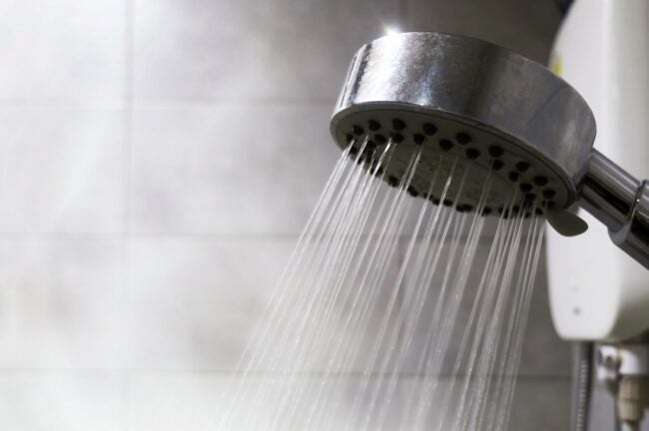
Preserve Battery Life
During a power outage, it is important to conserve the battery life of your electronic devices. Close any unnecessary apps and minimize background processes to preserve battery power. Instead of relying solely on electronic entertainment, consider engaging in activities that do not require battery usage, such as playing board games. It is also a good idea to have fully charged power banks on hand to charge your devices during an outage.
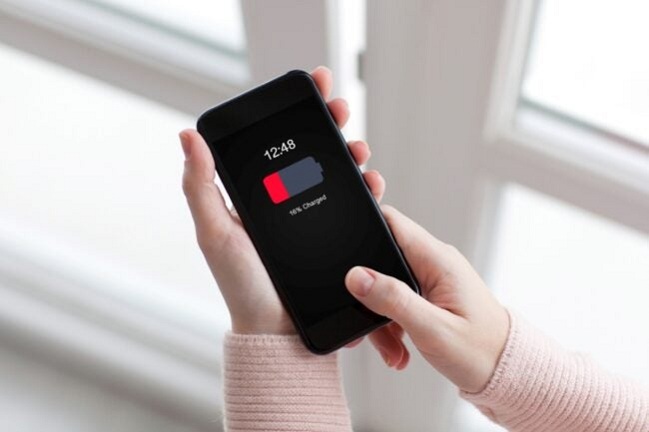
Use Generators Safely
Portable generators that run on gasoline, propane, or diesel should never be used indoors due to the risk of carbon monoxide poisoning. These generators can release harmful levels of carbon monoxide, which is an odorless gas that can be lethal. Additionally, portable generators can be fire hazards, as certain parts can become extremely hot and potentially ignite flammable items nearby. If you need a backup power supply for indoor use, consider using a portable power station instead.
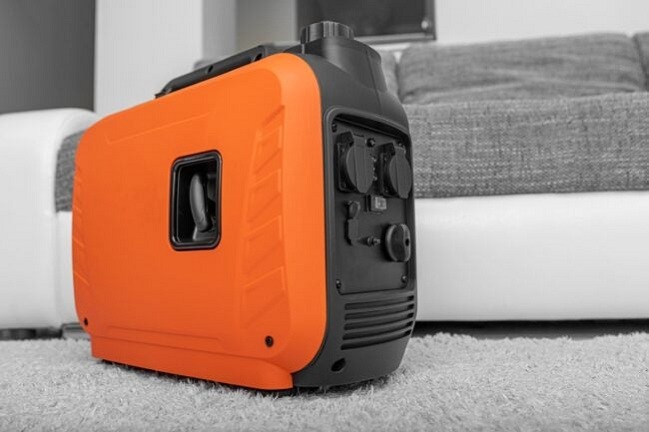
Utilize Coolers for Perishable Items
If the power outage is expected to last for an extended period, you can use coolers to temporarily store perishable items. If your freezer still has ice, transfer it to the cooler along with any perishable items. Be sure to do this quickly to minimize the release of cool air from the freezer or refrigerator.
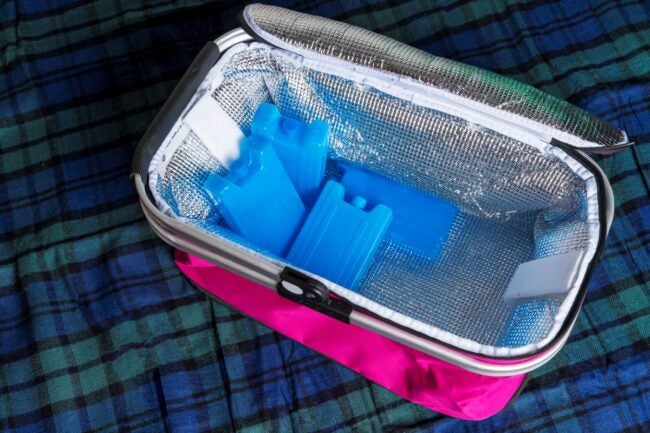
Ensure Functioning Safety Alarms
Many electric smoke and carbon monoxide detectors have backup batteries that activate during a power outage. However, these batteries have a limited lifespan. If the power outage lasts for an extended period or you are unsure about the backup capabilities of your alarms, it is advisable to purchase battery-operated versions to ensure the safety of your family throughout the outage.
